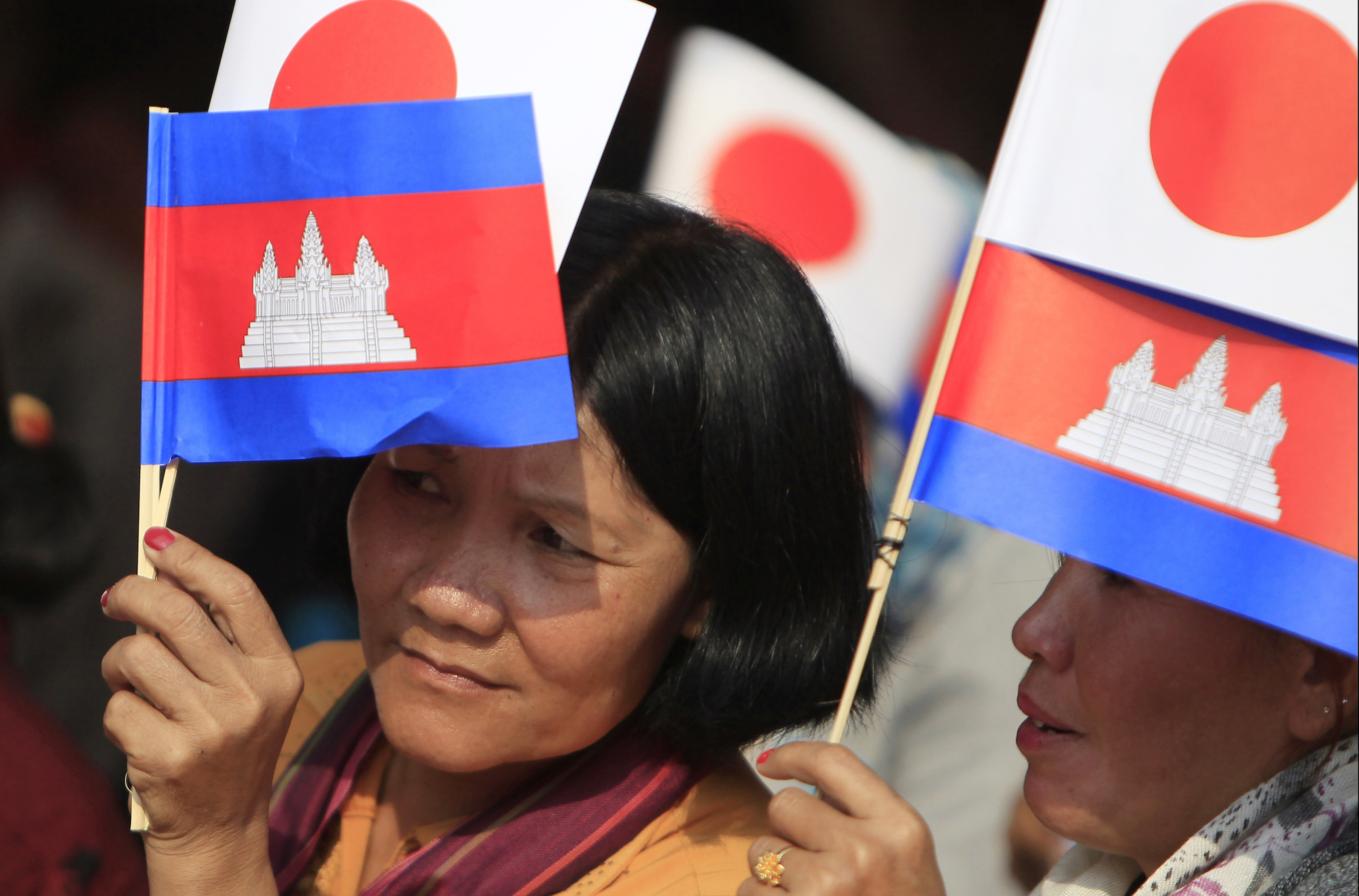When it chaired the ASEAN Summit in the autumn of 2012, Cambodia arranged for the South China Sea issue to be dropped from the joint statement. This left the strong impression that Cambodia was a mouthpiece for China in Southeast Asia. It is true that China has made significant investments in Cambodia and that the latter's economy has become increasingly dependent on Chinese money.
Earlier this year, I spoke with a number of government officials, media representatives and researchers in the Cambodian capital of Phnom Penh, about Cambodia's foreign policy and awareness of international affairs. One of the impressions that these interviews left on me was that caution is needed before reaching any reductive conclusion about the relationship between Cambodia and China, specifically that Cambodia is under China's influence. What does that mean exactly? The interviews took place over a short period of time and the number of interviewees was limited, so the findings should be treated with appropriate caution. Still, when long-term foreign residents of Cambodia were asked about the same topic, many said that they had a similar impression.
First, the emphasis in the interviews in terms of awareness of international affairs was not on the relationship between China and Cambodia, but rather the relationship between the U.S. and Cambodia. Many of the interviewees began with criticism of U.S. policy toward Cambodia. They criticized the exceptionally harsh position taken by the United States on the Hun Sen government and Washington's refusal to participate in summit talks. The U.S. certainly has its reasons, but Cambodians are asking why Washington is so tough on Cambodia when the latter is already a democratic nation (leaving aside the nature of the Hun Sen government).

















With your current subscription plan you can comment on stories. However, before writing your first comment, please create a display name in the Profile section of your subscriber account page.